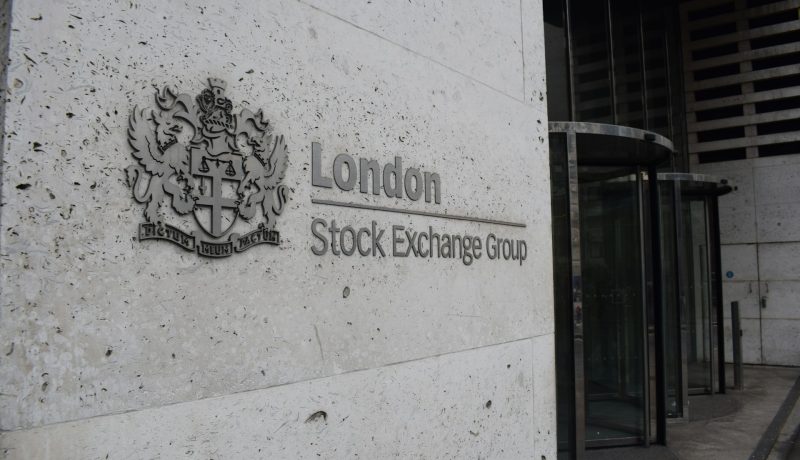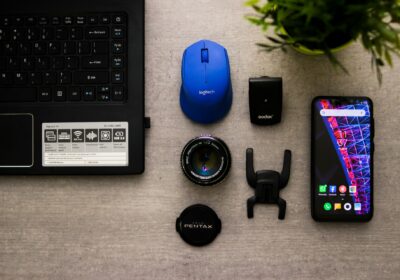
How to get into trading in London?
Getting into trading in London — one of the world’s top financial hubs — depends on what kind of trading you’re interested in. “Trading” can mean several things:
- Financial trading (stocks, forex, commodities, crypto, etc.)
- Proprietary (prop) trading
- Investment banking or sales & trading
- Retail/independent trading
Here’s a complete guide broken down by path 👇
🏦 1. Professional Trading (Banks, Hedge Funds, Investment Firms)
🎓 Education
Most professional traders in London have at least a bachelor’s degree in:
- Finance, Economics, Mathematics, Statistics, or Engineering
- Top universities (LSE, Imperial, UCL, Warwick, Oxford, Cambridge) are common, but not required
💼 Entry Routes
- Graduate programs at major banks (e.g. JP Morgan, Barclays, Citi, HSBC, Morgan Stanley)
- Internships during university — these often lead to full-time offers
- Junior analyst roles at trading firms or hedge funds
🧠 Skills Needed
- Financial modeling & Excel
- Strong math and analytical ability
- Market understanding (macro, equities, FX, derivatives)
- Coding (Python, R, or SQL) is a big plus
📃 Certifications (optional but helpful)
- CFA (Chartered Financial Analyst)
- FRM (Financial Risk Manager)
- CFTe (Technical Analyst)
💰 2. Proprietary (Prop) Trading Firms
These firms trade the company’s money, not clients’ — and are great for beginners with strong math or game-theory skills.
🔑 How to Get In
- Apply directly to firms such as Jane Street, Optiver, IMC, DRW, Maven, OSTC, or Marex.
- Many provide paid training and teach you risk management and market strategies.
- Some firms require tests on math, logic, and trading simulations.
🧩 What They Look For
- Strong numeracy
- Fast decision-making
- Calm under pressure
- Interest in markets and statistics
💻 3. Retail / Independent Trading
If you want to trade your own money, you can start independently.
🪜 Steps to Start
- Learn the basics: Market types, risk, technical & fundamental analysis.
- Choose a broker: Reputable UK brokers include IG, eToro, Interactive Brokers, and Saxo Bank.
- Start with a demo account: Practice trading without risking real money.
- Develop a strategy: Focus on one market (e.g., forex or stocks).
- Start small: Risk only 1–2% of your capital per trade.
📚 Good Learning Resources
- Books: “Trading for a Living” by Alexander Elder, “Market Wizards” by Jack Schwager
- Courses: London Academy of Trading, Coursera finance & trading courses
- YouTube channels: TraderNick, Rayner Teo, The Trading Channel
🌍 4. Visa & Work Requirements (for non-UK citizens)
If you’re not a UK citizen:
- You’ll need a Skilled Worker Visa if employed by a trading firm or bank
- Prop firms sometimes sponsor visas for top candidates
- For self-employed traders, you can use an Innovator Founder Visa if you build a trading-related business
⚙️ 5. Networking & Community
- Attend finance meetups and trading conferences (e.g., London Trader Show, Finance Magnates London Summit)
- Join LinkedIn trading groups
- Engage on r/UKInvesting or r/Forex communities





No Comment! Be the first one.